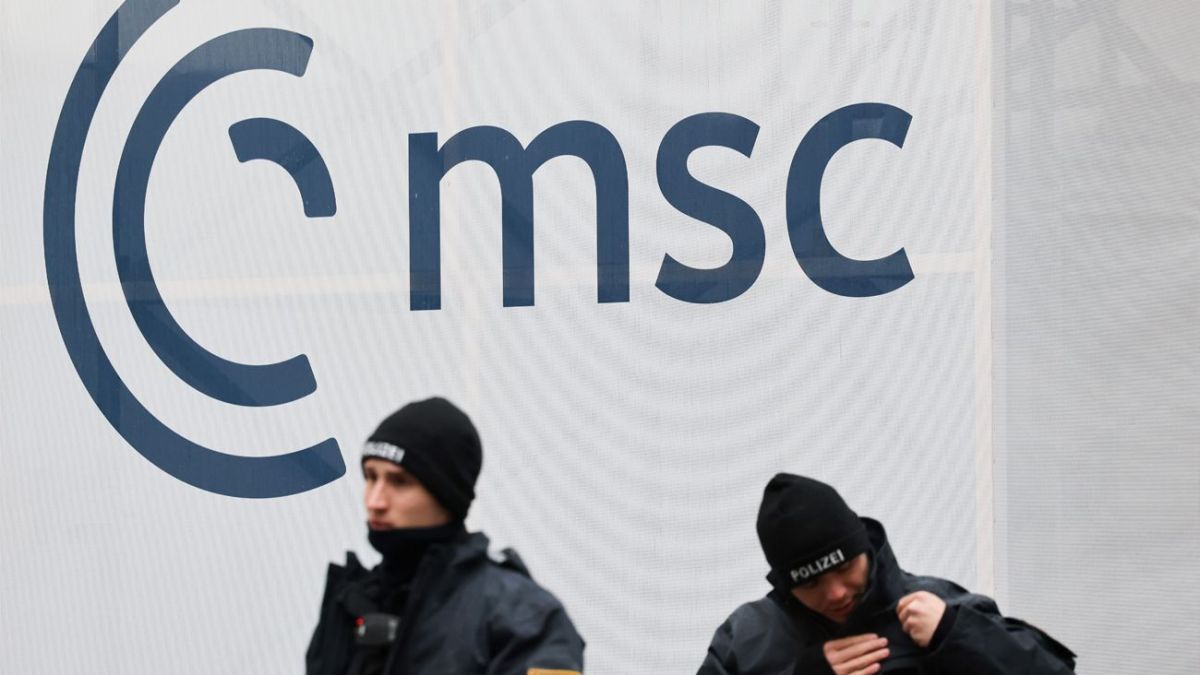I write as a concerned European citizen, grappling with frustration and a sense of betrayal over Europe’s current standing on the global stage. The United States’ recent actions — particularly during the Trump administration — have only underscored how marginal the European Union has become in major geopolitical discussions. Observing the EU and Ukraine sidelined when deciding Europe’s own future feels both humiliating and disheartening. Yet, like many others, I am also convinced that we Europeans bear primary responsibility for this predicament. It is not merely a question of national defense budgets but rather a deeper failure of political will and unity.
From the start, the EU was envisioned as a bold federal project: one that could unite diverse nations under shared principles, enable rapid decision-making, and provide a collective defense. Over time, however, that vision defaulted to economic interests. Instead of establishing an effective federation capable of strategic action, we defaulted to a structure weighed down by bureaucracy and divided by petty national interests. Those interests appear even more shortsighted now, as they prevent us from defending ourselves against clear external threats — or from standing up to supposed allies who do not necessarily share our values.
In my view, a pivotal moment was the Greek sovereign debt crisis, which showcased Europe’s failure to uphold solidarity in favor of narrow national priorities. Although Germany took a leading role, other member states likewise seemed more focused on domestic gains than on sustaining the promise of deeper European integration. That crisis shattered the dream of genuine unity, revealing how quickly national agendas can override the greater good. If you think that germans were humiliated at the MSC, think about how Greeks must have felt when troika and media diseccted the problem of overspending of “lazy southerners.”
I partially agree with the U.S. administration’s criticisms regarding the state of democracy in Europe — though not necessarily following J. D. Vance’s specific analysis. One clear example of our own democratic deficit is the growing censorship of voices critical of U.S. and Israeli policy in the Middle East. In Germany, people risk losing their livelihoods if they accuse Israel of “ethnic cleansing,” whereas condemnation of immigration is rarely grounds for any dismissal, quite the opposite. Public discourse on migration dominates mainstream media, and social networks are rife with with lunatics advising injecting bleach instead of vaccines, current US president being one of them. So in this respect, I believe German Defense Minister Boris Pistorius is mistaken in characterizing outside commentary on Europe’s democracy as “unacceptable” interference, i think it was “disingenuous” not unacceptable.
Another dimension of Europe’s democratic deficit, not the one that is imposed by U.S. but the one that has being talked about for decades, again not by minions of Trump but by distinguished European champions like Jurgen Habermas. Giving up on political values of solidarity that is sine-qua-non of “polity” and public sphere, we have thus reversed political integration in Europe and ended in a crisis of legitimacy of very institutions that we were building for our common future. We introduced the deficiency of accountability with a long shadow of Council and Commission. And since the Greek sovereign debt crisis this was rapidly getting worse. Europe was reduced to integration predominantly in economic sphere while the corresponding political structures never caught up and deteriorated. 17 years down the line, i assume not many of us understand who truly speaks for us at the European level or how decisions are actually made. This opaque governance erodes trust and decision making at the very structures of power that were supposed to serve them.
In the face of external pressures — whether from the United States, Russia, or elsewhere — Europe’s disunity grows more obvious by the day. Political forces like Alternative für Deutschland call for a “Europe of fatherlands,” but in practice, we have been there for quite some time. We already function as a collection of 27 nation-states with disparate petty priorities. As the Slovenian philosopher Rastko Močnik has pointed out, every failed revolution ends up in fascism; in this case, the incomplete European project, that once drew inspiration from values like those of the French Revolution, is sliding into irrelevance and fractious nationalism.
Despite my anger and disappointment, I still believe in the underlying promise of a unified Europe. The way forward lies in resurrecting the federal ideal rather than clinging to the illusion that undemocratic european institutions and national governments can protect our collective interests. Only through renewed integration, transparent institutions, and genuine solidarity can we reclaim the influence and dignity we have steadily lost on the world stage.

